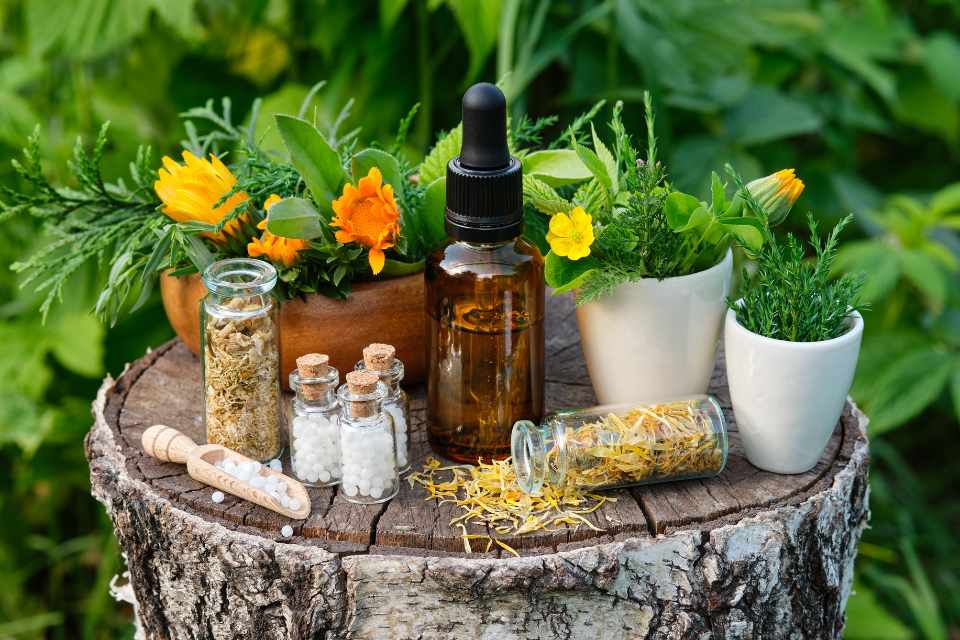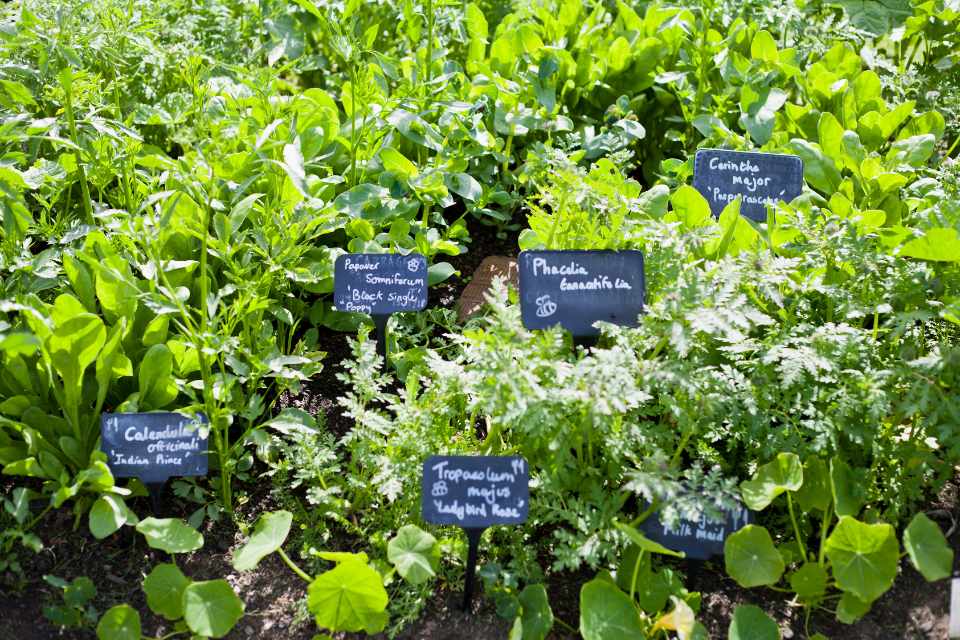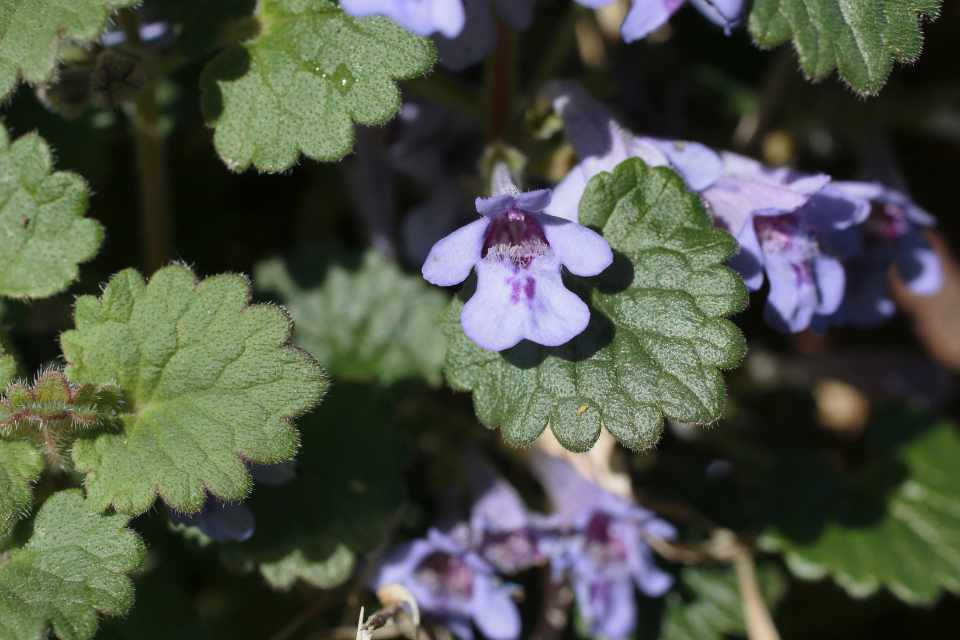Sky News is reporting today on the use of herbal remedies by breast cancer patients. The article includes comments made by a breast cancer surgeon suggesting that using herbal remedies may do more harm than good and delay the recovery of cancer patients.
The article goes on to say that complementary therapies such as herbal medicine are growing in popularity amongst breast cancer patients. I do not disagree; in fact, I would say that many cancer patients, not just breast cancer patients, are looking for natural therapies to help them in their fight against cancer. Indeed, the research shows that as many as 88% of cancer patients turn to herbal medicine and other complementary therapies, suggesting that these patients have a need that is not being met by conventional medicine.
Most doctors receive little or no training in herbal remedies or other conventional therapies, so their lack of knowledge in this area means that they discourage patients from using them. And it is probably true therefore, that many patients do not tell their doctors they are using complementary therapies.
On the other hand, the use of herbal medicine in cancer care is currently an active area for research, and this type of collaboration is generally referred to as integrative oncology. The term “integrative oncology” is defined in an article published in the Oxford University Press. Where a definition of Integrative Oncology includes the use of a combination of complementary medicine therapies, including herbal medicines, alongside conventional cancer treatments with the following aims:
-
to optimise the health of the patient
-
to improve patient quality of life
-
to improve the outcome of cancer treatment
-
to empower patients before, during and after cancer treatment
Another article written by two doctors, and entitled – Integrative Oncology: an essential feature in high-quality cancer care – explains why natural products such as herbal medicines may be beneficial when used alongside conventional treatments for cancer.
That is not to say that all herbal medicines are safe to use during conventional cancer treatment. Some herbal remedies can alter the activity and efficiency of certain drugs. These are called herb-drug interactions. Examples of these types of interactions may include increasing or decreasing the activity of the cancer treatment by certain herbs, which of course would be a concern to your oncologist.
While there is some research in the area of interactions, for several reasons, there is generally a lack of good clinical research related to herbal medicine. And, in many cases, the data around herb-drug interactions is based on speculation. For example, studies on herbal remedies are carried out in test tubes, and the results extrapolated to humans. In other cases, unrealistically large doses of herbs or their constituents, far beyond a normal therapeutic dose, are tested on animals, and again the results are discussed as if they are relevant to the use of the same herb, in normal doses, and by people. Medical herbalists say that what is needed is more clinically relevant research on herbal medicines in people, not test tubes.
Unfortunately, this is unlikely to happen as soon as we would like. This is mainly because research into herbal medicines does not pay off in the way that drug research can since the profits required by the manufacturing industry to pay for such research are just not there.
That is not to say that there is no evidence of the effectiveness of herbal medicine in cancer care. In reality, there are a growing number of studies that can provide an evidence-based informed decision.
The Sky news report mentioned the herbal medicines ginger, garlic, turmeric, and ginseng. So, taking ginseng as an example, there is, in fact, good research to support the use of ginseng for cancer patients.
This small but good quality trial, of Panax ginseng (ginseng), used alongside chemotherapy for a period of 6 months, doubled the five-year disease-free survival of cancer patients (68%) and overall survival time, compared to patients using chemotherapy alone (33%).
Another study on a ginseng product during cancer care found that 3g/day of ginseng for 12 weeks, alongside the usual cancer treatment, significantly improved patient quality of life and general health.
Furthermore, research on the effects of ginseng use and cancer treatment was carried out in the Shanghai Breast Cancer Study. This study found that regular ginseng use by women before their cancer diagnosis meant that these women were 30% less likely to die from breast cancer.
So, while undoubtedly there are potential risks of using herbal medicines alongside conventional cancer treatments there are also potential benefits. It is also clear that patients are keen to use herbal medicines and other complementary therapies to reduce the side effects of cancer treatment and improve their treatment outcomes.
It is really too simplistic and may I say uninformed, to say that herbal remedies may do more harm than good and so cancer patients should not use them. What is really needed is better and more clinically relevant research into herbal medicine and other complementary therapies for cancer care. Part of this would include a willingness of doctors to discuss complementary therapy use with patients. In fact, that is what is happening in many other parts of the world. For example, this Israeli study discusses the awareness of oncologists that complementary medicine use, should form part of the consultative process in the supportive care of cancer patients. In truth, efforts to improve the communication between complementary health care providers and conventional health care teams may be critical for achieving the desired optimum health and healing of cancer patients.








0 Comments